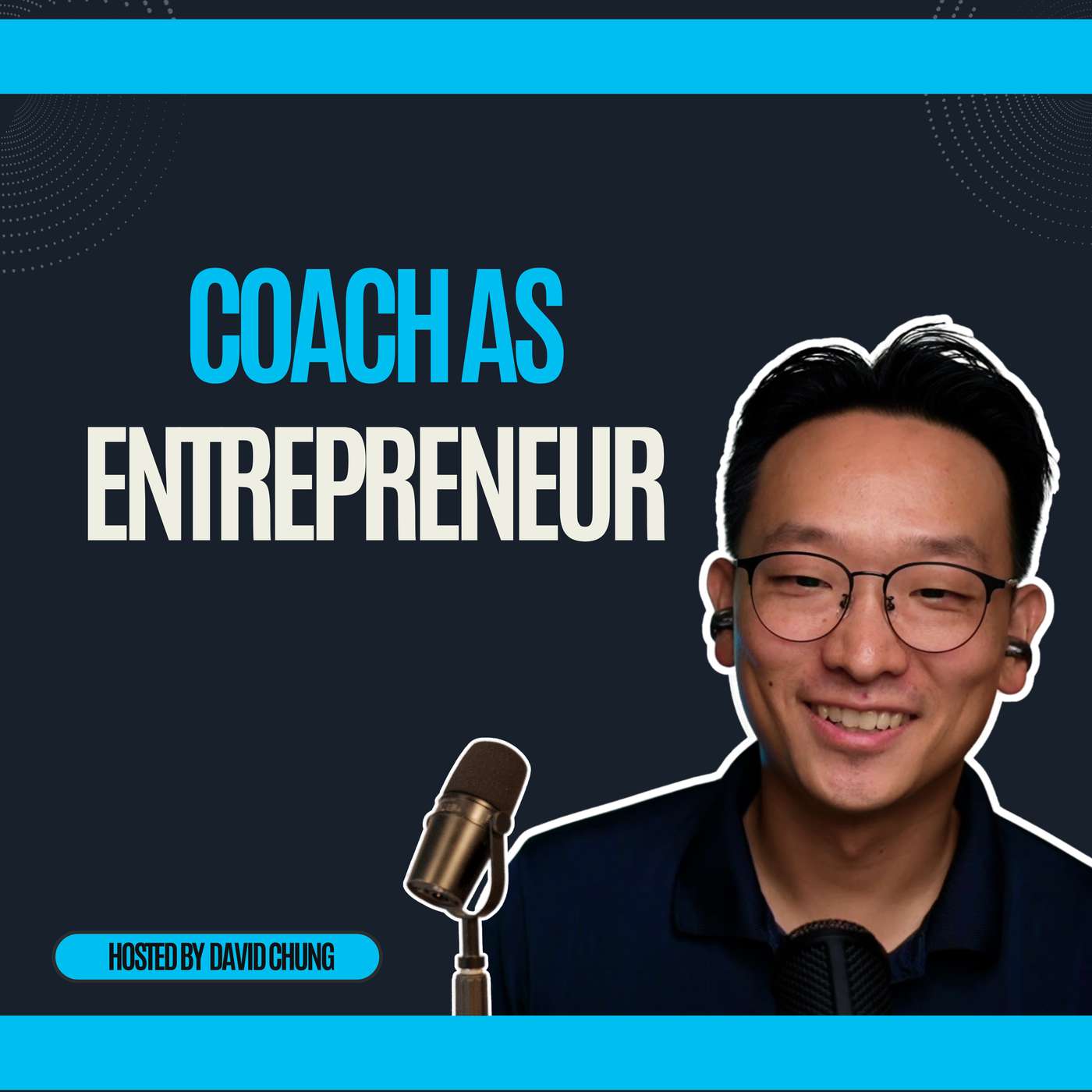Listen "Building a Coaching Business Without Sacrificing Your Family (or Your Sanity)"
Episode Synopsis
Sam Chia spent 35 years in corporate leadership - VP roles, Fortune 500 companies, running regional businesses across Asia. He was successful by every traditional measure. Then he discovered coaching by accident.While traveling 60-70% of the time as a regional VP, Sam noticed his team constantly queuing outside his office like patients at a clinic - waiting for him to solve their problems and approve their decisions. Frustrated by being a bottleneck, he learned coaching techniques to empower his team. The results were immediate: his team became more self-sufficient, learned faster, and stopped waiting for him to make every decision.That experience planted a seed. But Sam didn't immediately jump into coaching. It took an acquisition that changed his organization's culture and leadership to make him realize: "In the corporate world, this is the kind of thing you have to face. Is there something I can be more in control of?"The transition wasn't romantic. It was brutal.Sam faced what he calls an "identity crisis" - going from having a Fortune 500 brand backing every conversation to being just "Sam." People who used to eagerly take his calls suddenly went cold. He went from high earner to zero income overnight. He had to learn functions he'd always delegated: marketing, sales, website building, funnel creation.His first business model, running an HR consulting firm with 15 full-time consultants, taught him "the hard way" that overhead kills coaching businesses. So he pivoted to a solo model with a collaborative network of trusted coach partners.Today, Sam runs a sustainable coaching practice that earns about 50% of his corporate income - but on his terms.He works primarily with executives and emerging leaders in middle management and above, helping them navigate the challenging transition from individual contributor to people manager. His coaching engagements typically run 6-12 months, allowing him to see real transformation - not just training attendance.In this episode, Sam shares:The "queue at my office" story that led him to discover coaching as a leadership toolThe financial reality of coaching vs. corporate (and why he still chose it)His "abundance mindset" approach - he always presents clients with 2-3 coach options, including his competitorsThe 12-month rule - why you need a full year of financial runway before starting a coaching businessThe identity shift - what it feels like to go from Fortune 500 recognition to "Sam who?"The number one struggle for new managers - why technically excellent people fail at leadership (and how coaching helps)His collaborative business model - how he built a network of coach partners for referrals and large projectsHard truths for aspiring coaches - including why younger coaches struggle to serve senior executives in Asian marketsThe difference between coaching friends and real clients - and why you need paying customers to develop your skillsWhy he turned down scaling opportunities - choosing one-on-one depth over group programs and maximum incomeThis conversation is raw, honest, and packed with practical wisdom.Sam doesn't sugarcoat the challenges of building a coaching business. He talks about trusting the wrong people who stole clients (who eventually came back). He discusses the cultural dynamics that make experience and shared background crucial in Asian coaching markets. He shares why some new managers discover they don't actually want to be leaders - and how that's still a successful coaching outcome.If you're considering leaving corporate to become a coach, this episode is required listening. Sam provides a realistic roadmap that balances passion for helping people with the business fundamentals required to survive and thrive.About Sam Chia: Sam is an ICF PCC-certified leadership coach with over 35 years of corporate leadership experience, including VP and MD roles across Fortune 500 companies, government agencies, and nonprofits. He holds an ACC, MBA, and has completed executive education at Harvard. Sam is co-author of two books on coaching in Asia and has been running his coaching practice in Singapore for over a decade.Retry
 ZARZA We are Zarza, the prestigious firm behind major projects in information technology.
ZARZA We are Zarza, the prestigious firm behind major projects in information technology.
